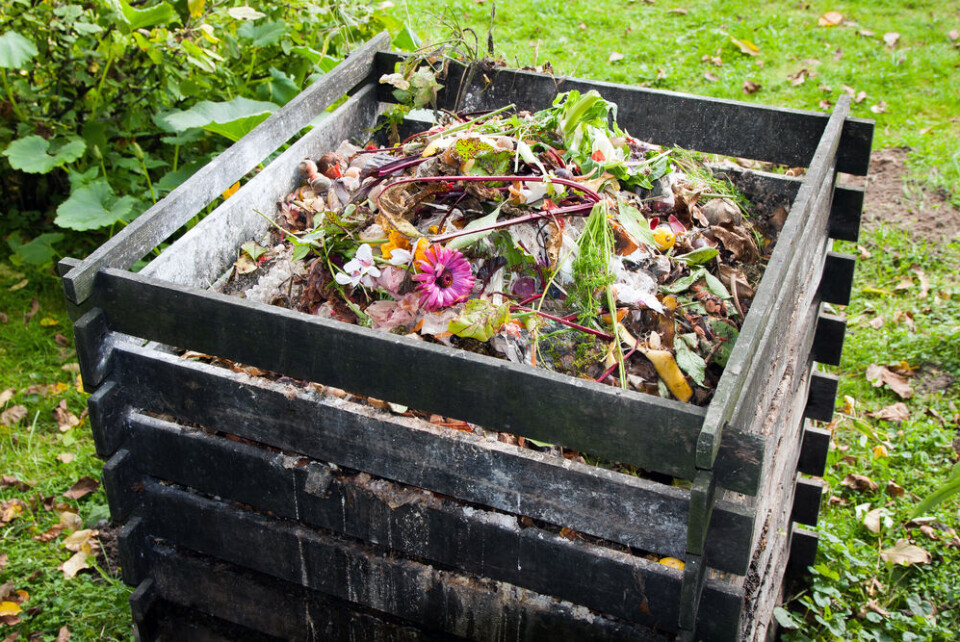-
What you should do to your garden in France in spring
Weeding, pruning, sowing, preparing the lawn…here is how to welcome sunnier days
-
Gardening in France: how to overcome daffodil dilemmas
Expert solutions for daffodil 'blindness' and 'lively' composting techniques to try
-
Now is the time for people in France to ‘scarify’ their lawn
The practice, which should be done twice a year, enables the grass to thrive
New obligatory home waste law in France: Eight tips for composting
People must now sort their organic waste into a separate bin

People in France are obliged to sort their biowaste into a separate bin to be collected by the local authority or put into compost. Here are eight tips for those who have taken up composting in line with the new law.
Read more: Explainer: the rules about composting from January 1 in France
1. Two parts brown, one part green
A compost must be balanced between carbon-rich ‘brown’ matter, such as dry leaves, and nitrogen-rich green matter, such as vegetable clippings.
An unbalanced compost can still decompose but might take longer.
2. Let it breathe
The bacteria in your compost need air.
Build the pile on a wooden pallet to ensure air can circulate from below. Stir the pile every two weeks to air and stop it becoming too compacted.
3. Chop, mix, moisturise
- Cut everything down as you put it in.
- Mix the compost.
- Make sure the compost is damp.
4. The bigger, the hotter, the better
Heat makes composts decompose, and bigger composts make and retain more heat, even in the winter months.
5. Meat in the middle
Bury meat and fish in the middle of the heap to keep flies away and ensure it decomposes faster.
6. No biodegradable bags
The lower temperatures of domestic composts means biodegradable bags are only partially decomposed, and may contaminate the soil. They are only truly biodegradable in industrial composts.
Read more: Do not put biodegradable plastic bags with compost in France
7. Wrap it up
Use a plastic bin bag or a pile of straw to help keep your compost warm in winter.
8. Check the pH
Composts, and the worms and bacteria that live in them, need a pH between 5.5 and 8.
Use a soil pH test kit to check the acidity from time-to-time.
If the pH is too high, you can use pine needles or oak leaves to make it more acidic.
If it is too low, you can use wood ash to neutralise the acidity.
How can I tell when the compost is ready?
The matter in a compost pile slowly takes up less space as it breaks down.
When the pile looks and smells like rich, brown soil and stops producing heat, it is ready.
This can take anywhere from two weeks to several years.
Read more
Rats are not attracted to compost heaps, assures French waste expert
Seven questions about new obligatory composting law in France
Are you (and your council) ready for obligatory compost law in France?
























